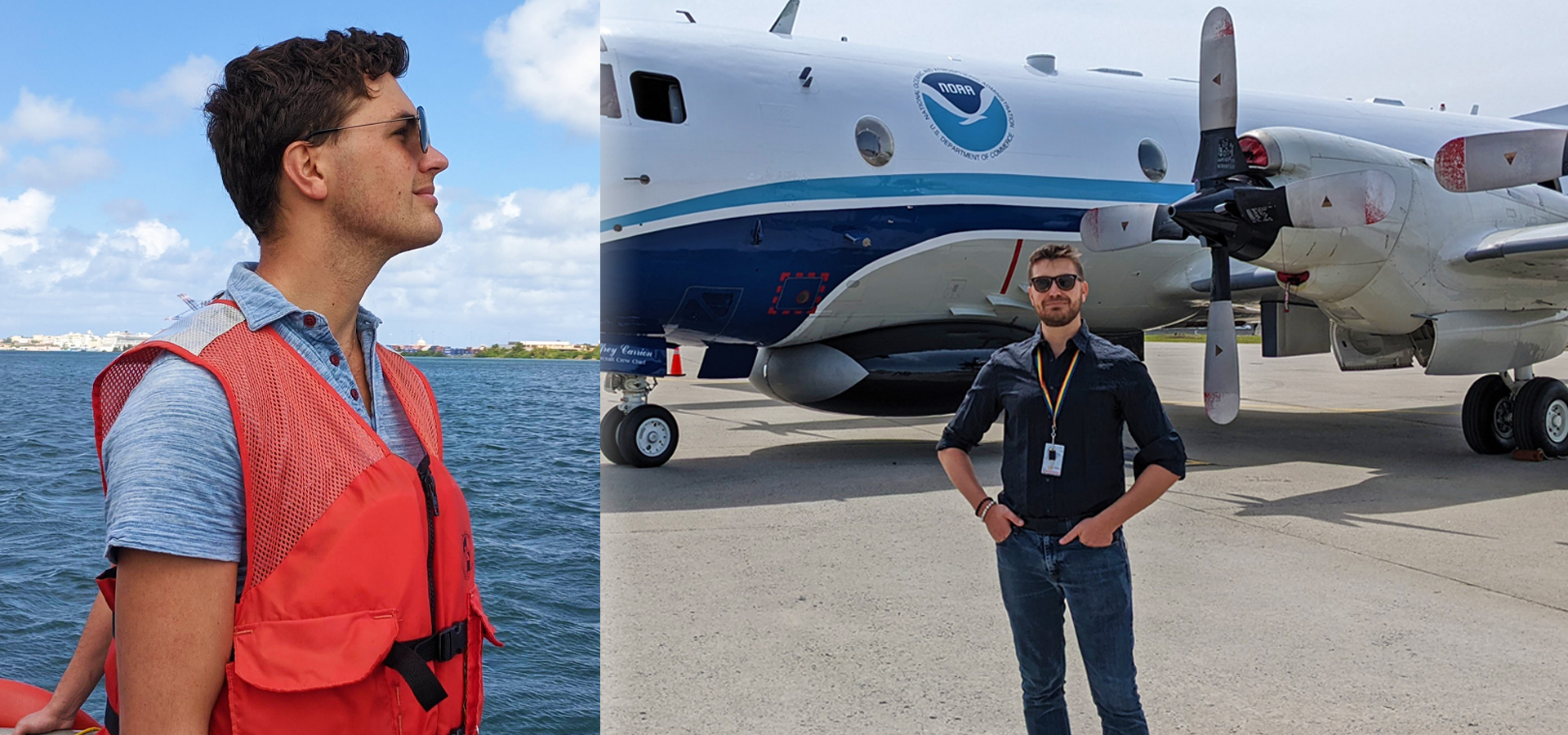

As an undergraduate majoring in biochemistry at NYU, Nathan Psota thought his plan to become a doctor was all figured out: Complete his courses, take the MCAT, go to medical school. But even after all that, he still wasn’t sure medical school was the right path. So he deferred his admission and joined the Peace Corps instead, thinking he would use the time to figure things out.
For Nathan, however, being a Peace Corps volunteer in Ecuador for two years “changed my trajectory.” Involved in efforts to better integrate local midwives into the healthcare system, “I made sure that people who wanted to give birth with midwives could — and if there were complications, there would still be access to the hospital.” He realized that he wanted to approach healthcare from a more holistic perspective than a clinical setting allows, and that led him to pusue a Master of Public Health (MPH). “We weren’t focusing on medicine in the traditional sense, but were practicing it through a holistic and community-centered approach,” he explains.
Nathan’s time in Ecuador convinced him that navigating social structures is essential to public health work. “Looking at group dynamics and using a systems-based approach helps inform understanding in any field,” he said. At NYU he pursued several internships, each time gaining a better understanding of how he wanted to use his education. It was during an internship at FEMA that Nathan discovered his passion for the policy side of public health. “Working in government makes it a lot easier to navigate policies at the local level, like first responders, or caseworkers, or people on the ground.”
After his internship Nathan was offered a full-time position at FEMA, where he works today as an operational planner — a role in which he wears many hats. “I help write the response plans for our region, which includes New York, New Jersey, Puerto Rico, and the Virgin Islands. Basically we plan how to respond to disasters, and take lessons learned from past disasters of what worked and what didn't, and it helps to improve our responses.” When disasters do occur, he conducts fieldwork to ensure the affected region gets what it needs from the federal government. He’s also a climate equity planner, which he describes as “making sure that our plans factor in climate change, so when we deploy we're also doing climate adaptation and climate mitigation strategies.” He’s also involved in planning for chemical, biological, nuclear and radiological disasters, similar to the chemical spill in East Palestine, Ohio in early 2023.
As someone who found a dynamic job through an internship, Nathan strongly recommends that current students use career resources to the utmost. “Internships are valuable; that's where I gained most of my experience. You find the best opportunities, and when you apply people know you. It’s basically all about networking,” he said. He also advises students to maintain relationships with classmates, and attend as many career fairs as possible. “I got most of my interviews by going to events the University hosts; that’s kind of the best way.”